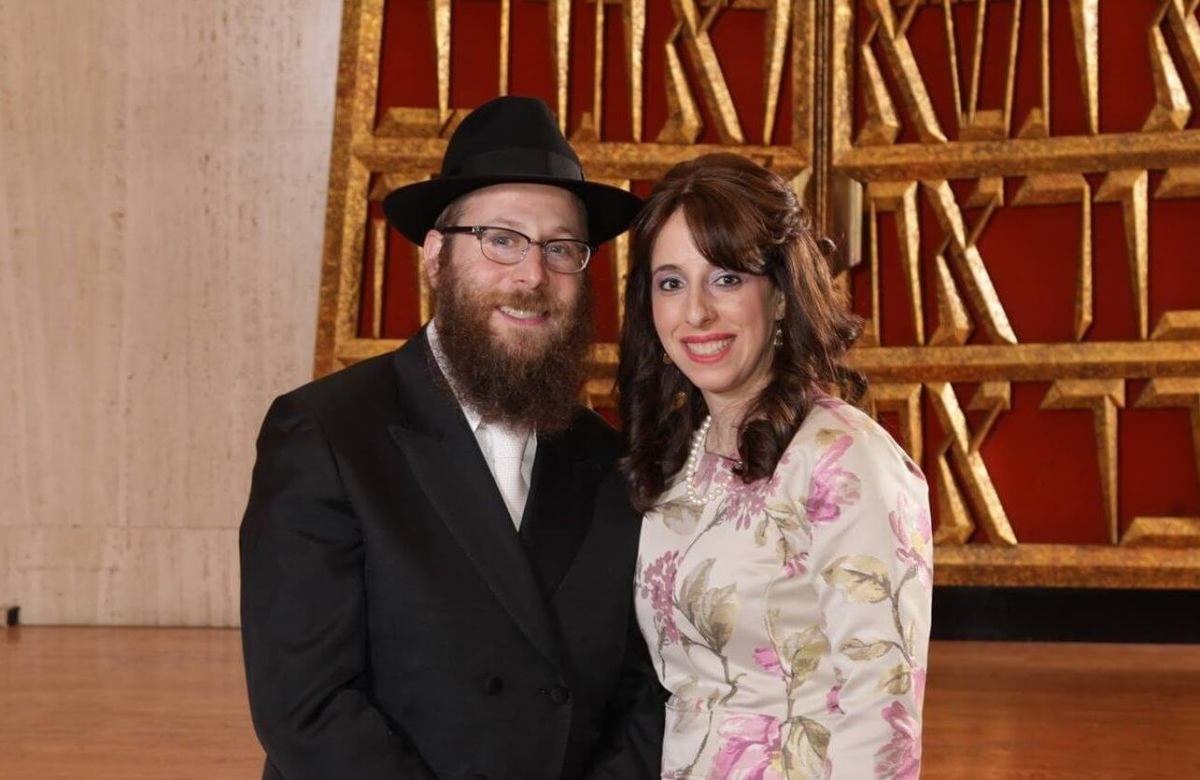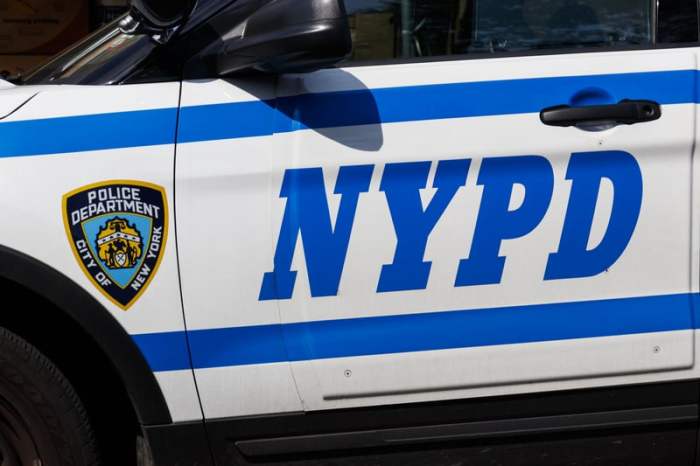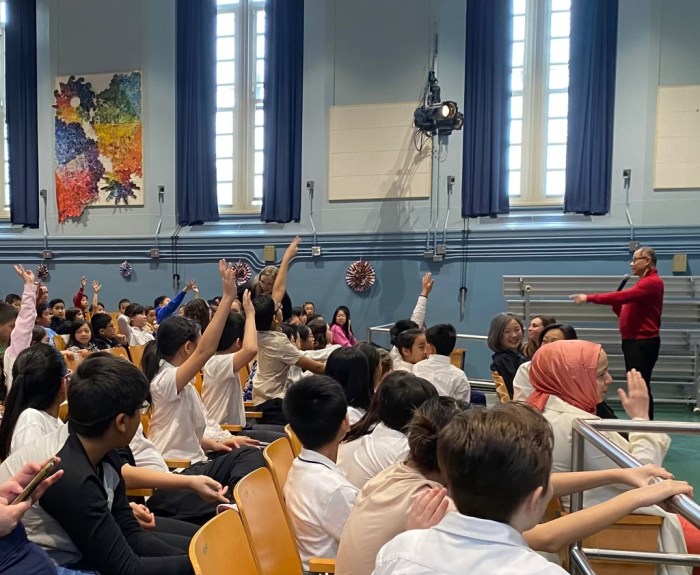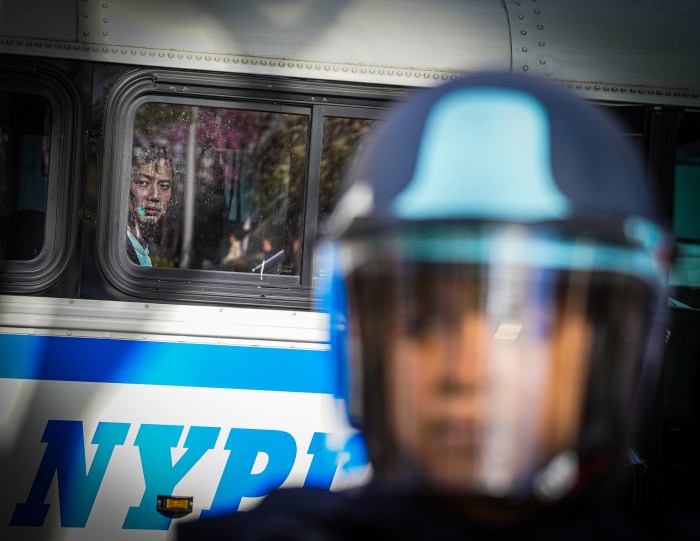Rabbi Eli Shifrin and his wife Rivky want to set the record straight: Temple Torah in Little Neck is here to stay.
Since its inception, the Jewish temple located at 54-27 Little Neck Pkwy. in Little Neck has been a community staple. In addition to being a house of worship, Temple Torah also functions as a school and events space, with many gatherings held in their entertainment hall.
The rabbi and his wife said that the many of the founders and those who worshiped at Temple Torah were Holocaust survivors who opened the temple after fleeing from their countries.
“Many of the Jews that came from Europe were very broken and downhearted, many had lost their families. Instead of being depressed and devastated, the first thing they did is they built,” said Rivky.
But in 2015, the temple was hit with massive taxes from the city which the Shifrins said have proven to be a financial drain.
“The temple is currently facing a financial crisis, and one of the biggest reasons is due to a New York City property real estate tax bill,” said Rabbi Shifrin, who has been the landlord and head of Temple Torah for nearly seven years.
According to the rabbi, the city taxed the temple over $400,000 due to a caterer who had a contract with the temple because the city felt that the temple was running a for-profit business out of a nonprofit establishment.
The Shifrins explained that they had an agreement with the caterer through his contract regarding the back rent on the temple as well as the tax bill, which they said is his obligation to pay.
They went to court in an attempt to fight the property tax and had it reduced by 70 percent. The rabbi said that they made a deal with the city to pay $11,000 a month over the next 10 years.
Currently, the temple is in partnership with Cushman and Wakefield, as reported by QNS. The Shifrins said though the property is up for sale, the temple is going through a “restructuring” and will be part of the community in some capacity.
Some of the options they discussed included developers building around the structure or redoing the synagogue to fit the needs of the developer.
What they made clear is that whatever the final decision is, the temple will not close down and will always be there to serve the needs of the community. They added that despite what happens, they plan to keep the sanctuary and many of the other structures intact.
“We have a vibrant community going on here,” Rivky said. “I always like to say it’s like a smorgasbord. You like services? You want to connect and pray? Come on Saturday. You want good shabbos food? Come for Friday night dinner. You want to do something hands on? We have challah baking once a month for women.”
The Shifrins highlighted that Temple Torah is a place where both affiliated and unaffiliated Jews can come and celebrate their Judaism in their own way. They added that everything that is done in the temple circles back to its original founders.
“Every time we do events and welcome people, we feel like every good deed that’s done here, every prayer that’s done here is in the memory of the survivors that built this sanctuary,” said Rivky.
“And that’s why we’re not looking to go anywhere,” said the rabbi.
































